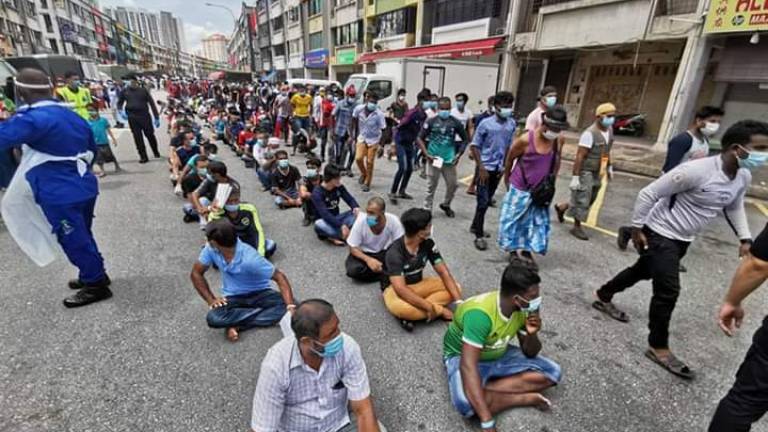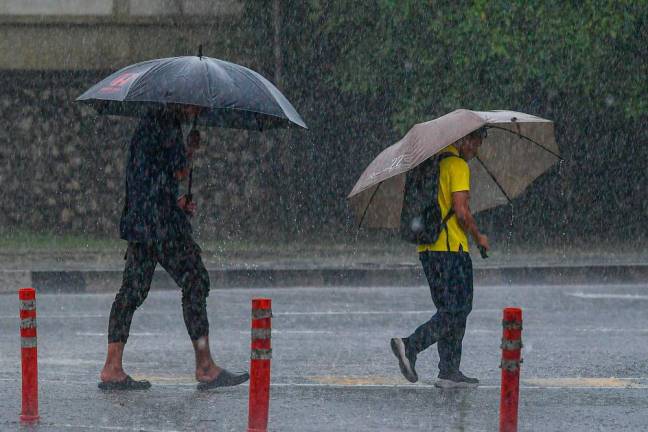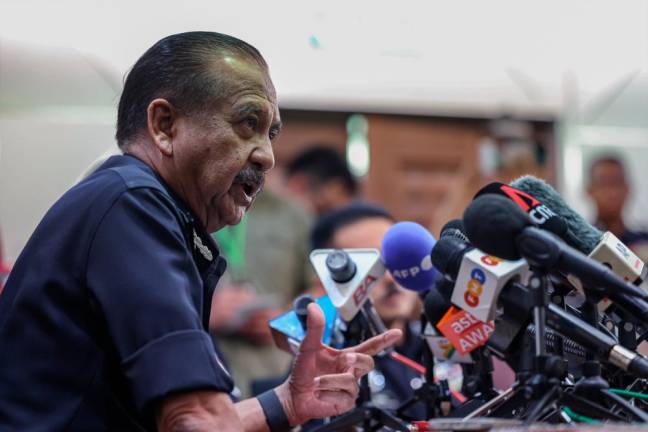ONE heart-breaking news that emerged from the Covid-19 pandemic was about a group of Bangladeshi workers who had to rely on their families in Dhaka to send them money.
Placed under lockdown in their flats at Jalan Landak in Kuala Lumpur, the migrant workers had been out of work since the movement control order (MCO) was enforced.
Hossain Kabir, who has been living in Malaysia for more than 10 years, said 3,000 foreigners in the area were facing the same predicament.
Coming from a country where 24.3% of its population of 160 million live in poverty, he had travelled 3,785km to earn his keep and fend for his family.
All was well initially for Hossain, who is part of the Bangladeshi diaspora that annually remits US$13.5 billion (RM58.76 billion) home, which is 5.39% of the country’s gross domestic product (GDP).
However, things went off the rails for migrant workers like him when shops were shuttered and businesses grounded to almost a complete halt. Now, he depends on his family in Dhaka to feed him.
His is just one of many stories of what migrant workers are going through during this period. There are one million other fellow Bangladeshis working on our shores.
Then, there are Myanmar nationals, Indonesians, Nepalis, Pakistanis, Filipinos, Thais and others. Their stories may be different, but their predicament is the same.
Data from the Department of Statistics Malaysia (DOSM) last November showed that there were 2.3 million documented foreign workers in our workforce.
How did it bloat to this size? One of the key reasons is that the business of recruiting foreign labour is a lucrative one.
Money is made off each migrant worker long before they board a plane or ship to make their way here.
Many scrounged just enough money for their fare. They borrowed and they pawned their land or houses, thinking they can pay off their debts and make a new life for themselves and their families.
Then the agents take their part, but the expenses don’t end there as red tape means more money needs to be paid before they can start earning here.
The privatisation of the recruitment and management of migrant labour is a big money earner. Weaknesses and failures within our system had been exploited to feed this labour supply service.
The 11th Malaysia Plan has a roadmap to address our dependency on low-skilled foreign workers by capping their employment to below 15% of the total workforce.
While we are dumbstruck by the sheer magnitude of the problem at hand, let’s not forget to look beyond the numbers. For behind every figure is a very human story.
Read this story on our iPaper:













